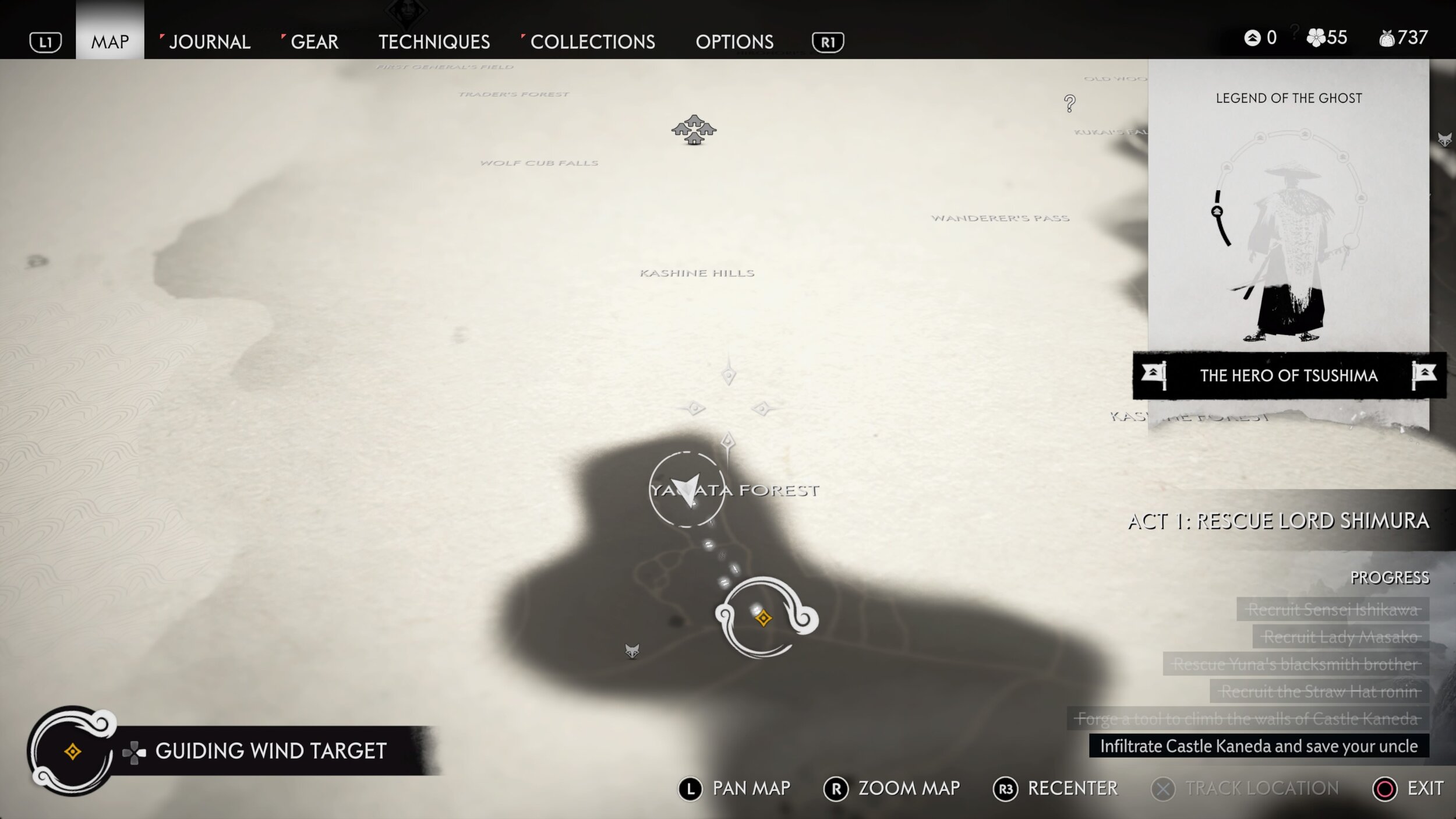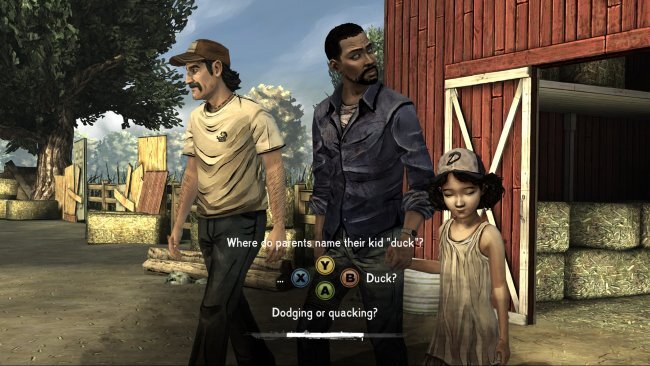When we go into any game everyone signs an unwritten contract. This contract is between us (the players) and the developer. Signing this contract we will suspend our disbelief to go on this magical adventure that the game developers have planned for us.
These adventures can take us to make great things (Minecraft) to going on a long platforming adventure where can jump on top of strange creatures (Super Mario Bros). All games have some sort of choice that we can make, where we decide how we want to dictate the play.
… right?
Take either Quantic Dream’s Detroit: Beyond Human or Telltale’s The Walking Dead. Both of these games have taken an old genre, point and click adventure games, and distill this experience to the casual market. This isn’t to say that this is bad! In fact, Call of Duty have done some good things to help advance the FPS genre in a different direction.
So let’s break it down.
In The Secret of Monkey Island, the player is given actions and items that the player can use. Each of these actions can be used on “hotspots” within the scene. Those hotspots can be inanimate objects or characters.
With this system it gives the player choices of mixing and matching all these actions & items on each hotspot. Sometimes they work, sometimes they don’t, but at the end of the day it feels very lock-n-key. For the most part the writing within the game does a pretty OK job of letting you try to solve these things for yourself. (I must admit I did brute force a couple of these puzzles.)
Oh! The player can also point and click to move about in these scenes.
The Walking Dead takes a more simplified approach. The player can move around the scene using the left joystick to explore and the right joystick to move a cursor to select hotspots.
Their take is to make a simplified experience and one the biggest positives going in this direction is to let the players focus more on the story. They rarely put any puzzles within The Walking Dead, and if they do they are super simple (like finding the key behind a barrel to open the door.) With less puzzles there are fewer chances for player that ‘a-ha!’ moment, which is a con in my opinion.
Part of their mainstream mechanics your actions & items list has been distilled down to a simple four choice within these interactive cutscenes. What Telltale does do is add the trademarked “[x] character will remember this.” Which is awesome to really surface that your direct action has an immediate cause & effect — or does it?
Spoiler!
It doesn’t matter.
These choices that the player makes gives an illusion (assumption?) that the character relationships will come to play later in the game. Or even when the game presents a choice that’s this big crescendo that will forever change the story. Later those decisions don’t really provide any real big significance. That significance is amplified when it comes to replaying those different choices.
Now to be completely fair The Walking Dead would have a lot more production work if every choice was super meaningful and branching into its own ending. I’m not suggesting that they should have 30 different endings, just that they need to make sure the choices within the story be more meaningful than a different dialogue or a different character model doing the same thing.
This all behind said The Walking Dead did a wonderful job about bringing a fresh new take about how Point & Click genre can be reimagined. They were also somewhat aware of some of these problems since they tried to address it in Tales of the Borderlands… but they didn’t really try to solve this with Wolf Among Us or Batman: The Telltale Series.
But I’m going to continue this in another post and update the end of this with a link! To be continued!











